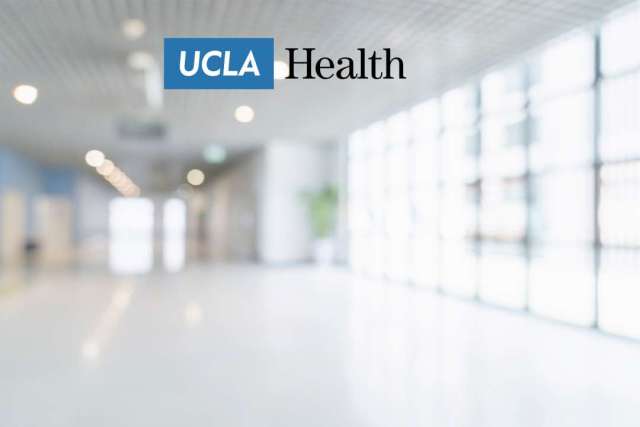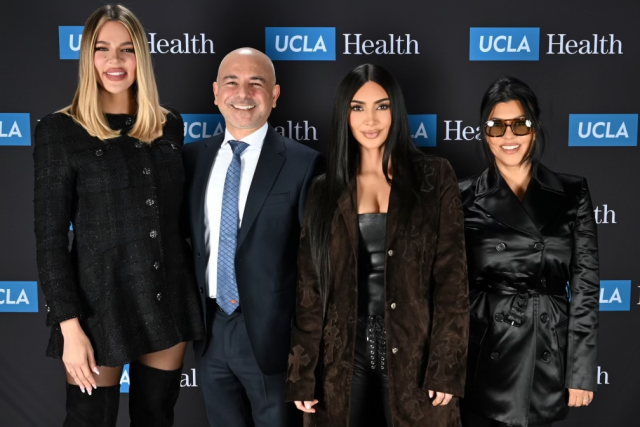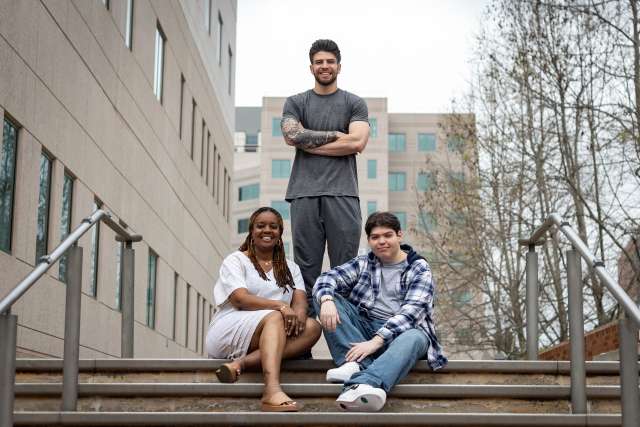The new "super-bug" CRKP, known officially as carbapenem-resistant Klebsiella pneumoniae, is just the latest in a series of emerging drug-resistant strains of bacteria that pose a serious threat to human health. CRKP has been reported in nearly 40 states, and there are currently no medicines to treat these infections.
So while new drugs to combat stealthy microbes like CRKP and methicillin-resistant Staphylococcus aureus (MRSA) remain in development, what can we do to protect ourselves from becoming infected and spreading these dangerous bugs?
"The first line of defense is good hygiene and infection-control, such as hand-washing, both in the hospital and in the community," said Dr. Daniel Uslan, an assistant clinical professor of infectious diseases at the David Geffen School of Medicine at UCLA. "It sounds so simple, but people forget to wash their hands."
Uslan notes that the overuse of antibiotics also plays a role in promoting drug-resistant bacteria, as microbes build up resistance to commonly used antibiotics over time and repeated exposure.
Uslan, who directs the UCLA Antimicrobial Stewardship Program, which promotes the appropriate use of antibiotics in the hospitals of the UCLA Health, suggests the following precautionary measures to help people avoid superbugs like CRKP:
1) Cover your nose and mouth with a tissue when you cough or sneeze. Throw the tissue in the trash after you use it.
2) Wash your hands often with soap and water, especially after you cough or sneeze. Alcohol-based hand-cleaners are also effective.
3) Avoid touching your eyes, nose or mouth. Germs spread this way.
4) If you are seeing your doctor for a bad cold or the flu, discuss the use of antibiotics. If it's a viral infection, antibiotics aren't effective and will only add to the problem of antibiotic resistance.
5) If your doctor determines that you do not have a bacterial infection, do not pressure him or her to prescribe antibiotics. Instead, ask about methods you can use to reduce your symptoms.
6) Take antibiotics exactly as prescribed by your physician, even if you feel better.
7) Do not save leftover antibiotics for the next time you become sick.
8) Do not take antibiotics prescribed for someone else.
9) In the hospital, ask if health care workers have washed or sanitized their hands before working with a patient.
10) Take special care to keep clean and to cover and protect scrapes and cuts when in a high-risk environment like a health care facility, since some germs can spread this way as well.
To stay informed, visit the Los Angeles County Department of Public Health's CRKP webpage and the Centers for Disease Control's webpage on antibiotics.
The UCLA Health has for more than half a century provided the best in health care and the latest in medical technology to the people of Los Angeles and the world. Comprised of Ronald Reagan UCLA Health - Santa Monica Medical Center–UCLA Medical Center and Orthopaedic Hospital, the Resnick Neuropsychiatric Hospital at UCLA, UCLA Mattel Children's Hospital and the UCLA Medical Group, with its wide-reaching system of primary care and specialty care offices throughout the region, the UCLA Health is among the most comprehensive and advanced health care systems in the world. For information about clinical programs or help in choosing a personal physician, call 800-UCLA-MD1 or visit www.uclahealth.org.



